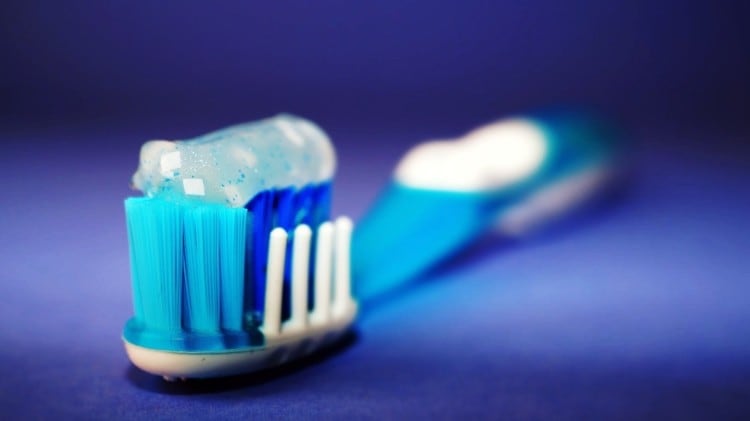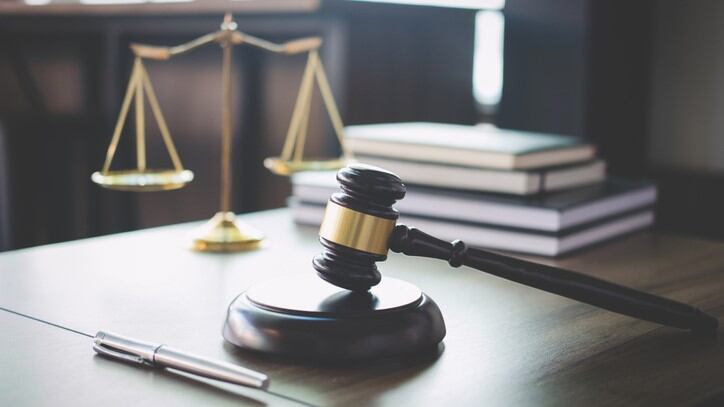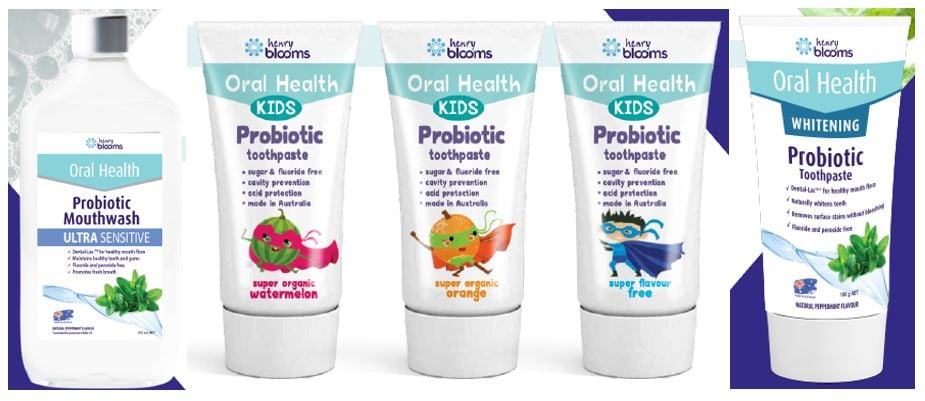With the implementation of China’s Cosmetic Supervision and Administration Regulation (CSAR) on January 1 this year, toothpaste was brought under the cosmetic regulation for the first time.
Under the new regulations, toothpaste is regulated in accordance with the regulations on general cosmetics. Additionally, the NMPA will be responsible for the pre-market approval and post-market surveillance.
In November 2020, the NMPA released an update, stating that toothpaste must not be explicitly or implied as having medical effects.
NMPA then published the draft Instructions for Toothpaste Notification Dossiers for public consultation on January 6 to clarify how it intends to prevent such acts.
It is currently open for comments and opinions till January 31.
The draft stipulates that manufacturers will only be allowed to make a specific set of toothpaste claims. This rule will be implemented to combat the rampant and varied toothpaste claims in the market.
“Compared with cosmetics, the toothpaste formula and production process are relatively simple, and the overall safety risk is not high. The main problem in the current market is the confusion amongst efficacy claims. Toothpastes with claims such as anti-inflammatory and pain relief effects are abound and some are blurred with medicines and medical devices,” said the NMPA.
A set list of claims
The nine categories of toothpaste claims listed in the document are: basic cleaning, anti-caries, dental plaque inhibition, anti-dentin sensitivity, gum problems reduction, whitening and anti-tartar.
Each function category consists of a corresponding list of permitted terms that manufacturers are able to use.
For instances, under the anti-caries, only phrases such as ‘prevent decay’ and ‘strengthen teeth’ are permitted.
NMPA stressed that these phrases cannot be modified, and the list cannot be ‘adjusted at will’ by manufacturers.
This means product makers are not allowed to use other claims except the ones defined in the draft.
“The measures draw on the management experience of Japan and other countries to implement a positive list management of toothpaste's efficacy claims through an efficacy classification catalogue, so as to curb the occurrence of illegal toothpaste claims.”
However, toothpaste meant for children aged six months to 12 years will only be allowed to make claims related to cleansing and anti-caries.
The draft noted that toothpaste labels that indicate efficacy claims other than basic cleaning will require efficacy evaluation and a summary of the efficacy evaluation report should be submitted during filing.
The NMPA also noted that manufacturers are expected to disclose the full ingredient list and include the percentage and purposes of all raw materials.
The product formula should provide the names of all the raw materials, including the standard Chinese name, the International Nomenclature of Cosmetic Ingredients (INCI) name or English name.
If nano-materials are used, they should be marked as such.





